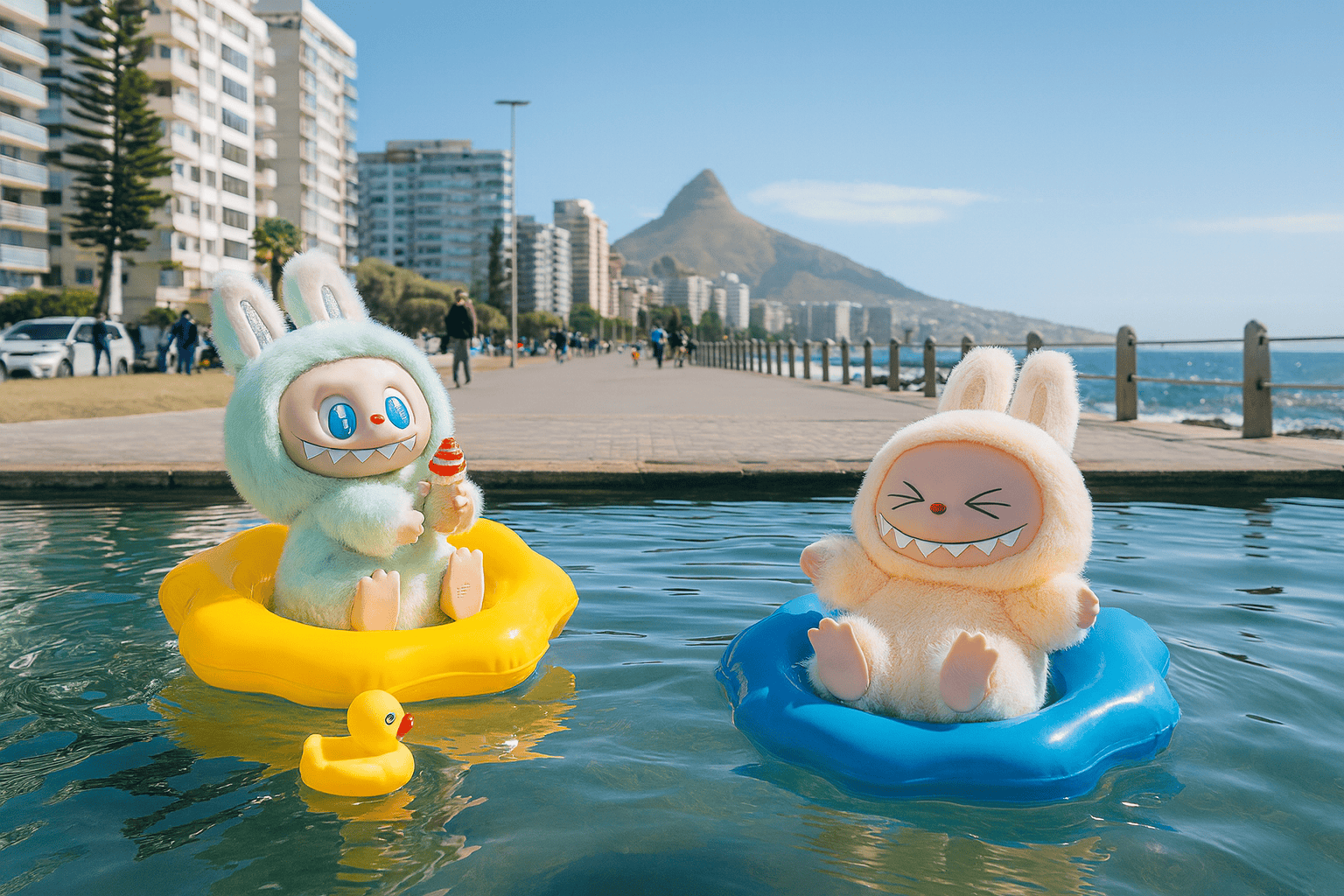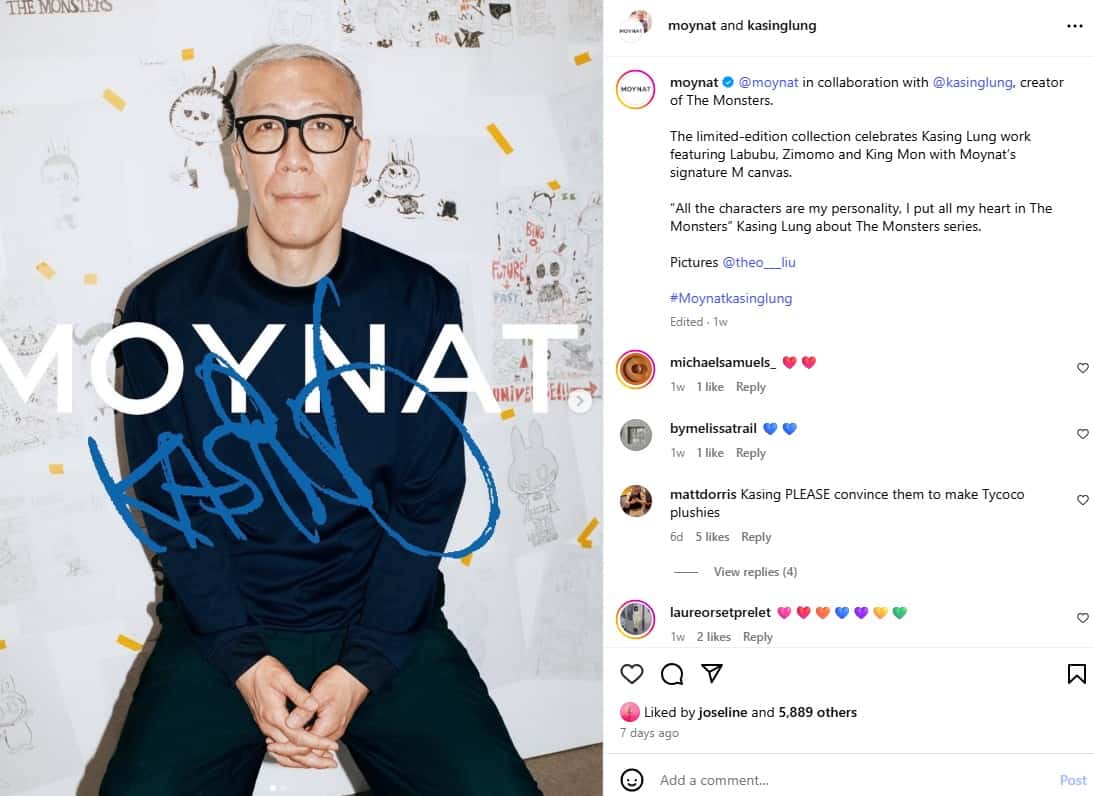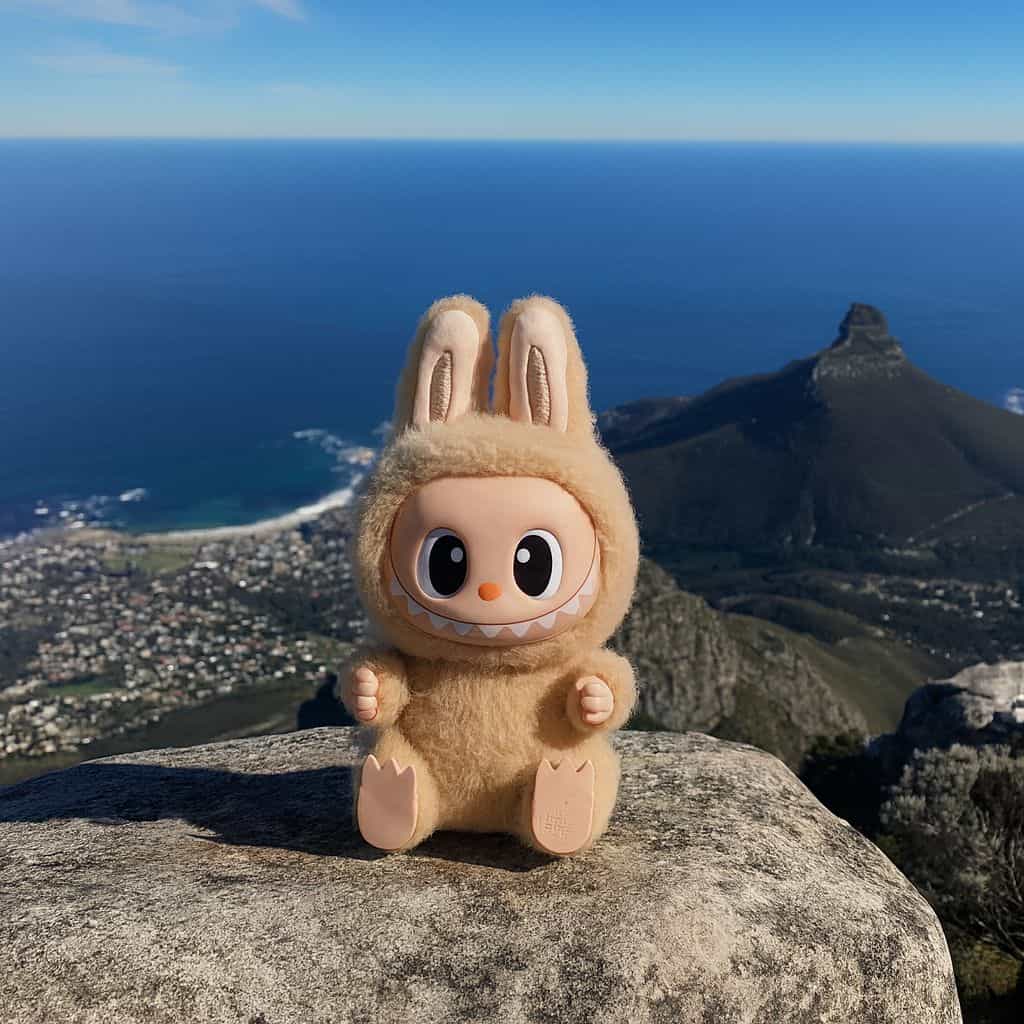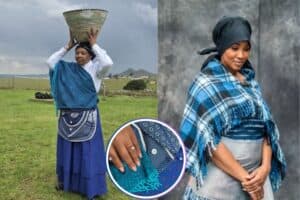Labubu dolls are no longer just an art-toy niche; they’re the latest status symbol.

Labubu dolls have become a global craze thanks to their quirky design, blind-box surprise factor, and limited-edition scarcity that fuels demand and resale value.
Now, South Africans finally get their chance to join the movement, but stocks are limited, and competition will be fierce. As they land in South Africa, you can own a limited edition Labubu doll for R2 000.
If you’ve scrolled through TikTok or Instagram lately, you’ve probably seen them: wide-eyed, cheeky creatures dressed in designer gear and snapped up like rare diamonds.
Labubu dolls, the brainchild of Hong Kong artist Kasing Lung and produced by Pop Mart, are no longer just an art-toy niche; they’re the latest status symbol.

Fashion insiders, celebrities, and collectors alike are all hooked. One Labubu recently fetched more than $150 000, while others trade hands on resale platforms for thousands of rands above retail.
Why? Because Labubu isn’t just a toy, it’s a cultural collectible, a crossover between luxury fashion, streetwear energy and childhood nostalgia.
South Africa’s first drop

Their debut drop is small, deliberately so. Only a few Labubu dolls are landing in South Africa as a test to measure appetite in a market already obsessed with exclusivity.
There are just eight regular Labubus up for grabs, plus a handful of luxury fashion outfits to style them in: 4 Louis Vuitton looks, 1 Prada piece, and 5 Lakers-inspired streetwear fits.
Adding to the frenzy, 14 seated Labubus and 16 smaller versions are also part of the launch, priced between R900 and R2 000.
“Labubu dolls are not just toys, they’re cultural collectables,” says Gareth Brough, co-founder of The Clout Group. “For South Africans, this is a rare chance to be part of an international movement without long waits or inflated costs.”
Why the obsession?
Much like Cabbage Patch Kids in the ’80s and Beanie Babies in the ’90s, Labubu thrives on scarcity and storytelling.
Each one arrives in a blind box, meaning you never quite know which character you’re unwrapping. Their mischievous grins and quirky outfits give them personality, and when a collab with a luxury fashion house or sports team drops, collectors go wild.
Social media has supercharged the hype, with influencers and celebrities flaunting their Labubus as playful accessories in homes and wardrobes.
Think of them as tiny, cheeky mascots of global fashion culture.
ALSO READ: Labubu mania: The monster doll taking the world by storm
“Labubu dolls represent how global culture now spreads: through scarcity, community, and a touch of playfulness,” Brough adds. “We’re thrilled to ensure that South Africans get the real thing.”






